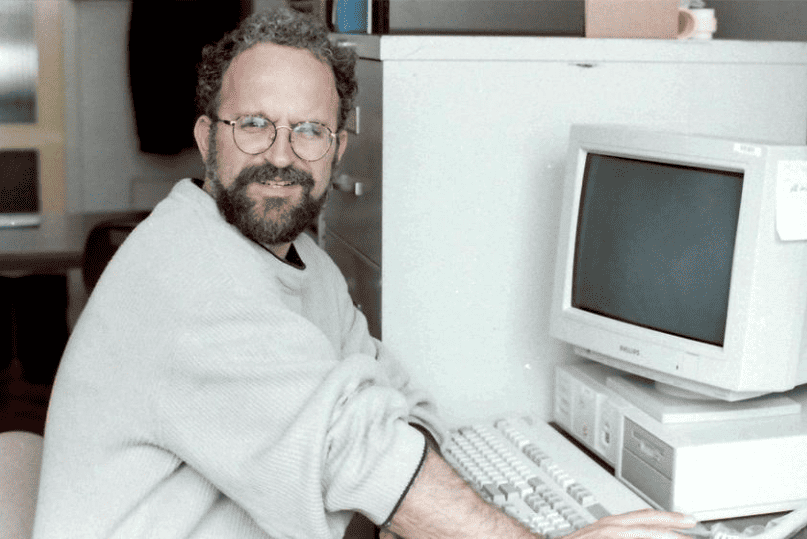
With an investment of over €2.2 million, six projects with potential impacts on society and the economy are given the opportunity to grow within Eindhoven Engine. Together, these projects represent an investment of €16.8 million, Eindhoven Engine says. The €2.2M for the OpenCall comes from the Regio Deal Brainport.
Following the submission deadline of 4 June, a team of experts has examined the 11 projects submitted. Each of the projects was first assessed against formal criteria. The team lead by Paul Merkus finally chose six of them. “In this time of the corona pandemic, in particular, we see a great need for innovation. Companies and knowledge institutions have worked together intensively to come up with strong project proposals” added director Katja Pahnke. “Eindhoven Engine is picking up more and more steam.” The projects are highly diverse in their focus: climate, vitality, health, and smart manufacturing.

Eindhoven Engine wants to “unlock the collective intelligence in the Brainport region”. Innovators from companies can join forces with students and experienced employees from knowledge institutions in order to work together to accelerate innovation and realize disruptive co-creation projects in which co-location is a prerequisite. The founding fathers of Eindhoven Engine are the knowledge institutions Fontys, TNO, and the Eindhoven University of Technology and the companies Philips Healthcare, Signify, ASML, VDL, NTS, and NXP.
The six selected projects:
Carbyon DAC
Eindhoven Engine: “Humanity is facing an unprecedented challenge: global warming, driven by carbon dioxide (CO2) emissions from fossil sources such as oil and gas. However, these emissions, if captured, can be a renewable carbon source with applications such as crop growth and sustainable fuel synthesis. Carbyon will develop Direct Air Capture (DAC) technology to remove CO2 from the atmosphere and turn it into a green substitute for fossil fuels. As the global demand for renewable carbon will increase once the price level reaches €50 per ton of CO2, Carbyon is challenging multidisciplinary teams within Eindhoven Engine to collaboratively improve the main cost drivers of DAC technology.”
Carbyon recently won one of IO’s Gerard and Anton Awards
Partners: Carbyon, DIFFER, TU/e
ECoS-IAQ Efficient Comfortable School Indoor Air Quality
Eindhoven Engine: “Installations in buildings are responsible for around 35% of all energy consumption, approximately 20% of which is due to inefficient operations. Inferior environmental conditions within classrooms can have both short- and long-term health effects, mainly due to the presence of particulate matter. With greater insights into sensors, data interpretation, trend signaling, continuous monitoring, fault detection/diagnosis, and predictive maintenance, problems can be identified in the Heating Ventilation Air Conditioning (HVAC) systems of schools. The ECoS-IAQ project focuses on the creation of product development concepts for air handling manufacturers, air filter manufacturers, control companies, and installers.”
Partners: Building G100, Camfil, ISSO, Kropman, Lucas Onderwijs, NedAir, TU/e
iHeat@Home
“Eindhoven Engine: The iHeat@Home project contributes to breakthrough innovation in thermal energy storage: a heat battery that is better, cheaper, smaller, and greener than any competitor. This will accelerate the energy transition, promote the development of renewable energy sources, reduce grid investments, and create new business. iHeat@Home focuses on solutions for real-time data on the heat battery’s state-of-charge and its optimal data management, with three coherent solutions: 1. The basis for a sensor which is robust and cheap; 2. Communication protocols and data management; 3. Integration in a validated, user-ready heat battery. The aim is to bring this technology to the market by 2023.”
Partners: Caldic, Fontys, TNO, TU/e, Warmtebatterij BV
POWer FITTing FITTing Persons’ vitality and optimizing their Work Environment
Eindhoven Engine: “In an increasingly competitive global economy, physical inactivity and burnout rates are increasing. Sustainable employability based on good physical and mental health is therefore crucial, preventing absenteeism and also reducing healthcare costs. POWer FITTing optimizes the relationship between vitality and the (home) office environment through the combination of data acquisition, integration, and application for the validation and acceleration of user-oriented solutions. By taking into account individual, societal and contextual factors, this enables employees to remain both healthy and productive. This could benefit companies, individuals, and wider society.”
Partners: Fontys, HC Oranje-Rood, IMEC, TNO, TU/e
WOMBATH: towards an artificial womb
Eindhoven Engine: “Following their birth, each child faces a physiological transition from mother-placental life support to (self-sufficient) life outside the womb. For some premature babies, this transition occurs too quickly. This places a heavy demand on the child’s immature vital organs, which is why extremely premature babies often experience serious, lifelong health problems with possible social consequences. As a trial in recent years, premature lambs have successfully been kept alive in a fluid-based environment, allowing them to develop in the same way as in the womb. The results are also promising for human applications. The WOMBATH consortium will develop a medical device – an artificial womb – that supports the safe development of extremely premature babies outside of the womb. Ultimately, these infants will have better health prospects than premature infants with conventional care.”
Partners: LifeTec Group, Máxima Medical Center, MEDSIM, NEMO Healthcare, POLIMI, RWTH Aachen, TU/e
Smartman: optimal production processes
Eindhoven Engine: “Smartman is the abbreviation of Smart Manufacturing, in which the optimization of production processes in the (manufacturing) industry is central. This striving to improve efficiency turns out to be not always easy within small and medium-sized enterprises (SMEs), for example, because there may be a lack of capacity and knowledge. The Smartman study aims to enable companies and institutions to share knowledge gained from research and technology projects. Through an open innovation environment, data is made accessible in an easily accessible manner, so that smart manufacturing becomes accessible to a larger group of companies.”
Partners: Fieldlab Flexible Manufacturing at the Brainport Industries Campus, Fontys.







